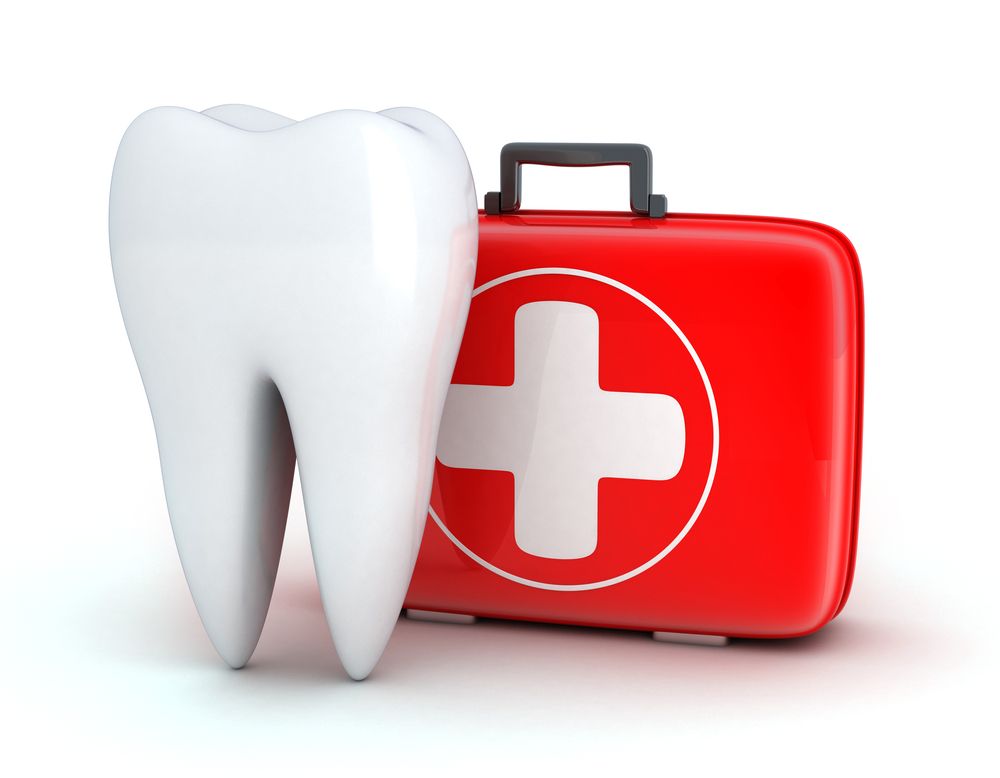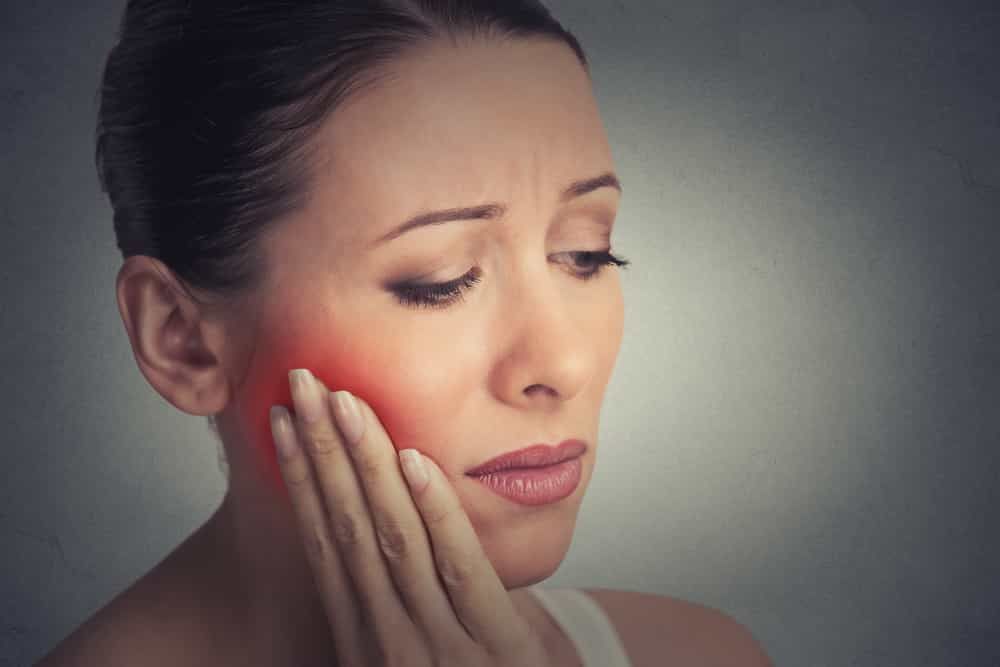
Emergencies Scheduled as Promptly as Possible!

Dental emergencies can occur in all age groups. The following information on this page is for general guidance only and should not be taken as a diagnosis or recommended treatment. Each situation is unique and needs to be diagnosed by a visit to the dentist.
Abscess (infection)
Sometimes there is no pain or swelling associated with an abscess. You may notice a pimple on your gum or a bad taste in your mouth. Frequently, there is pain and swelling when you have an abscess. If you have a very sharp sensation to cold and or hot that lingers, this could be a sign that your nerve is in trouble. Sometimes it hurts to bite down or press on the tooth as well. If the tooth wakes you out of a sound sleep, this is also a sign that something isn’t well.
NEVER EVER hold an aspirin in your mouth to relieve a toothache….this can actually cause chemical burns.
Cracked Tooth
Oddly enough, sometimes the tooth feels better after a cusp breaks (if there is no decay)! (you might have had sensation on biting hard foods and now that has improved since the fractured part is gone).
If your tooth breaks, there may be large amounts of decay under the part that broke and your tooth may become quite sensitive.
Two Rows of Teeth
While this is not usually an emergency, it can be a bit unsettling to see two rows of teeth in your child. Most of the time, this is caused by over-retained baby teeth. It is also true that the adult teeth can erupt behind the baby teeth and for a while, your child might have 2 rows of teeth. The erupting adult teeth should eventually push those baby teeth out.
Headaches and Generalized Toothache
This can be found in people who grind or clench their teeth. Frequently, this occurs during sleep or when you are concentrating, stressed out, or having a sleep apnea event.
Sinuses can also contribute to headaches and vague toothaches (mostly on the top arch—maxilla)
Trigeminal Neuralgia
This can cause stabbing, burning pain, and may be triggered by touching parts of your face or scalp. This condition can mimic dental problems and in this case a, toothache may have nothing to do with your teeth!
Did you know…
That more than 1 in 3 kids will experience a dental emergency during childhood or adolescence? Often, these dental emergencies are caused by injury to the teeth, gums or soft tissues of the mouth. Though a dental trauma can occur at any point during childhood, children are most susceptible to them during the curious toddler years and during the pre-teen and adolescent years, when kids begin to participate in more vigorous sports.
My child’s permanent tooth was knocked out. How should I proceed?
If your child’s tooth is completely dislodged from the gum and jaw, retrieve the tooth immediately, being careful not to touch the root. Rinse it gently in clean water and place it in a glass of milk. If you have an older child, place the tooth gently back into the socket. Call a dentist immediately – as time is a critical factor.
